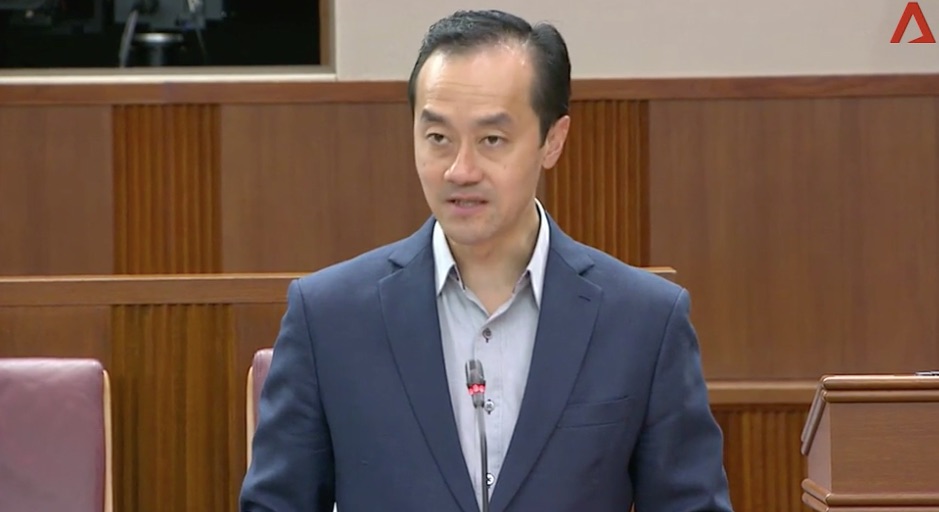Editorial
The PTC’s 2013 fare review makes some progressive suggestions, but it is up to the government to do more
The Fare Review Mechanism Committee (FRMC) annual fare review, released on 5th November, contained several worthwhile suggestions. Concessions for the needy and students, which are long overdue, are to be expanded. The FRMC will track the wages of lower income groups more closely to try to keep fares affordable. Its suggestion that public transport operators (PTOs) be required to plough some revenues from fare increases back into a public transport fund for the needy is notably progressive. Buses are to be given a slightly higher weightage of fare revenues compared with trains. The government should back these recommendations when it gives its response to the fare review in the coming week.
In other ways, however, the FRMC’s recommendations were muddled and lamentably regressive. Its key suggestion for revising the fare adjustment formula – by including a measure of energy prices and replacing the headline consumer price index (CPI) with the less volatile “core CPI” – makes sense only from the PTOs’ point of view. The FRMC’s argument was that this would allow fares to reflect changes in energy prices that they previously did not account for, which has been a perennial complaint of PTOs. In fact, the old formula already took into account energy prices indirectly: the reason that the headline CPI is more volatile than “core CPI” is because the former encompasses energy and food prices as well. Instead, the inclusion of a separate energy index in the fare adjustment formula largely reflects the priorities of PTOs.
The FRMC also argued that a measure of productivity, weighted negatively in the fare adjustment formula, would pass on productivity savings to consumers and incentivise PTOs to improve efficiency. Yet it is hard to see how that will be the case, since the higher the productivity gain, the lower the subsequent increase in fares allowed under this formula. If anything, PTOs might be perversely influenced to forgo productivity gains in order to win higher fare increases.
Even the otherwise laudable idea that PTOs must contribute towards the public transport fund is somewhat perplexing. While commuters would undoubtedly welcome this departure from the PTC’s usual adherence to maintaining the financial sustainability of the PTOs, it undermines the very purpose of fare adjustment, which is to meet the PTO’s changing costs over time. More importantly, it lets the government off the hook: when it comes to meeting the needs of the indigent, it should be the government rising to the occasion rather than depending on PTOs. In 2011 the government spent a minuscule $4 million on the public transport fund (which manifested in a paltry $20 voucher for each of 200,000 households), down from $5.2 million in 2009. It can certainly afford to spend more: for example, the Finance Ministry has indicated that revenue from the sale of COEs – which is essentially a tax on car buyers – was $2.8 billion in financial year 2013.
While the PTC’s latest fare review is a step in the right direction towards addressing the iniquities of fare pricing, much remains incumbent on government policy. The bewildering array of concessions for students of different age groups should be simplified and streamlined, but this is something that the government needs to put up money for. The same goes for concessions for seniors, disabled and those in lower income groups. Such concessions are standard practice in developed countries, but Singapore spends next to nothing on them.
It is not that money is lacking – the eye-popping revenues from the sale of COEs provide a ready source for the government to draw on to inaugurate a sizeable endowment for public transport fare subsidies. That should help reduce the contentiousness of the PTC’s annual fare review. From a broader perspective, only stronger competition in Singapore’s public transport sector – which is currently a comfortable duopoly made of up the two main PTOs – can contain prices in the long run, but this is something that is well beyond the remit of the FRMC .





